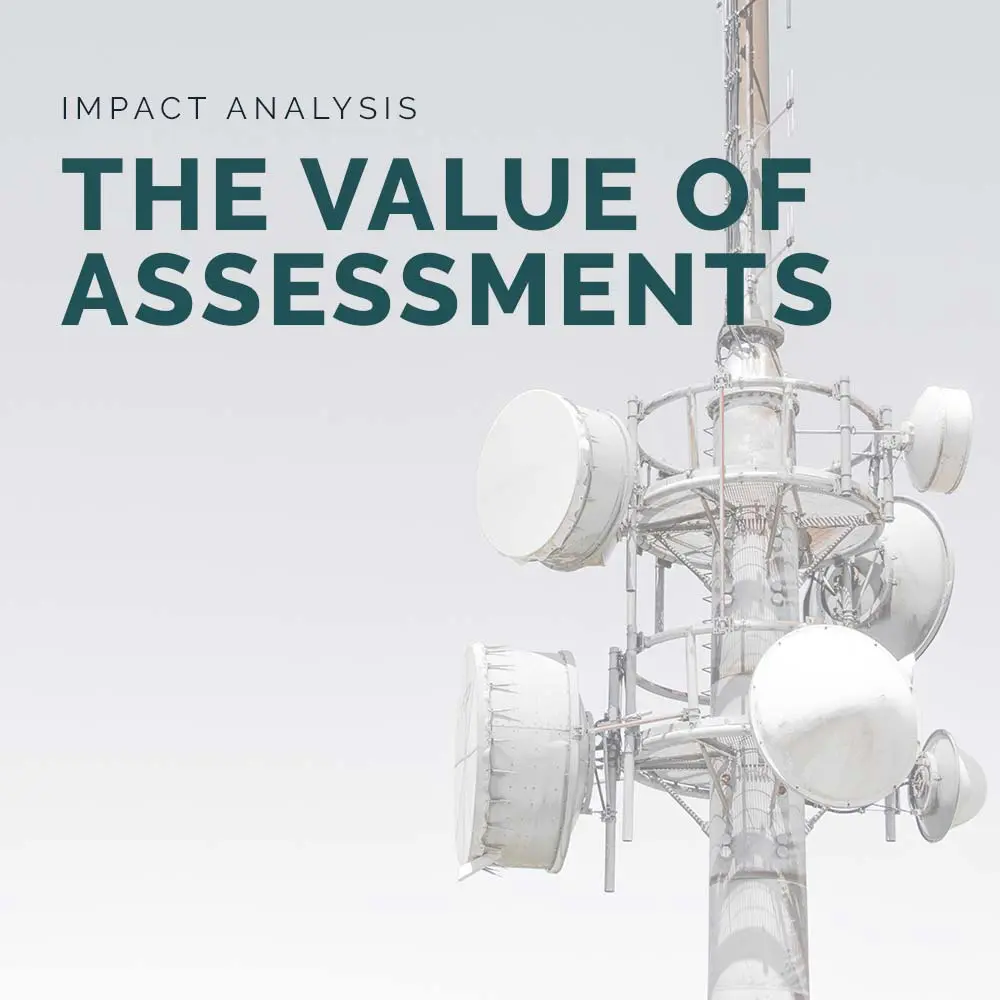Challenge
JVR Psychometrics was approached by a client in the telecommunications industry to conduct an impact analysis on the use of psychological assessments for decision-making in the business. We therefore aimed at identifying a profile of employees that consistently performed very well in the business. We also aimed at identifying psychometric benchmarks that the client could use for selection and development purposes. The final goal was to demonstrate the impact of psychological traits on individual and business performance.
Solution/Study
Data from an overall sample of 240 employees were used to answer the different research questions. All the individuals in the sample were at a senior manager or higher job level. The employees were assessed using the Hogan assessment suite and the EQ-i 2.0®. The Hogan assessment suite included the Hogan Personality Inventory (HPI) that measures individual personality strengths; the Hogan Development Survey (HDS) that measures possible derailers; and the Hogan Motives, Values, & Preferences Inventory (MVPI) that measures the drivers and preferences of employees. In addition to the psychological assessment data, we used data that was provided by the client, which included a performance management rating, financial performance indicators, as well as employment data. An overall profile of employees was provided of good performers compared to poorer performers. We also determined if there was a relationship between psychometric test scores and individual performance data or business financial performance data and whether any of the psychometric instrument scales could predict revenue.
Results
At face value, the following was learnt from the study:
Profile: Results indicated that good performers had the following characteristics compared to poorer performers:
Good performers
Driven and confident; energetic; self-assured; assertive and competitive; hardworking.
Realistic; not likely to take unnecessary risks; flexible; willing to delegate and to listen to critique.
Good work-life balance; values flexible work environments;prefer a balance between the bottom line and a concern for staff welfare.
Can remain calm under pressure;constructive self-expression; employ effective coping mechanisms; optimistic.
Poorer performers
Reasonably ambitious, hardworking and assertive; set achievable goals; willing to assume a leadership role and to speak in public.
Extremely assertive and overconfident in abilities; risk-taking and limit-testing; unpredictable and impatient;tend to micromanage.
Promote staff morale and development; care for social justice; serious; task-focused; idealistic.
Feel uncomfortable expressing emotions; capacity to defend own thoughts; resist impulses and display a positive attitude (smaller capacity than good performers).
Relationships: The presence of the ‘derailers’ Skeptical, Cautious, Reserved,and Mischievous in senior management were likely to decrease the organisation’s overall financial performance. Therefore, recruiters should be mindful of individuals who score too high on these scales, since the Skeptical and Mischievous scales were found to be possible proven predictors of revenue. Extremely high EQ-i scores, particularly in the Self-Perception scale, were also associated with poorer performance ratings, with scores in the effective range being most desirable. Based on the relationships between individual values, organisation performance, and individual performance rating, we identified gaps that suggest that values should be strongly considered in the selection process.
Share this post
Newsletter
Get up-to-date industry news right in your inbox



